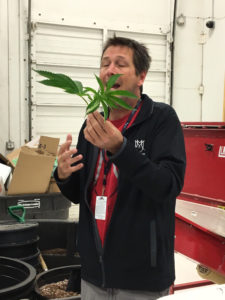Happy Thanksgiving week, friends! As you think about all the things in your life that you’re thankful for, here are ten cannabis-related nuggets to add to your list.
- If you live in Michigan, join us in giving thanks that the MI Legalize petition drive was successful. It will still be a few months, maybe more, to see if Michigan’s adult-use marijuana legalization measure makes it to the ballot in 2018. When polled at the beginning of 2017, a majority of Michigan voters were in favor of ending prohibition.
- More broadly across the country, in 2016 the Gallup polling organization, which has been asking Americans about marijuana legalization since 1969, reported its highest favorability number ever—60 percent of Americans are interested in seeing marijuana legalized. It compares these views to same-sex marriage before legalization.
- Citizens of California and Nevada approved recreational adult-use marijuana legalization during the 2017 election. If the saying is true, “as California goes, so goes the nation” then the rest of the U.S. isn’t far behind. At present 29 states and Washington DC have marijuana-use laws on the books and more are following the lead of the Golden State.
- Justin Trudeau made recreational adult-use marijuana legal in Canada. About a year and a half after he took office, the Canadian
 Prime Minister made good on a campaign promise to legalize cannabis. The law takes effect in July 2018. We expect to see poutine sales to soar, too!
Prime Minister made good on a campaign promise to legalize cannabis. The law takes effect in July 2018. We expect to see poutine sales to soar, too! - It’s hard to believe that Colorado has had adult-use legalization for five years now, and it seems like everything is pretty much ok. Use of marijuana by young people didn’t increase, arrests are down (unless you are a person of color), traffic fatalities didn’t increase nor did violent crime, opioid use declined, and communities used marijuana tax revenue to improve schools and build healthier communities.
- The American Legion is pushing the federal government to remove marijuana from a Schedule I drug. They’re seeing great progress in helping veterans with PTSD and traumatic brain injuries with medical cannabis. They’re advocating for more research and allowing VA physicians to discuss the plant with their patients.
- Keeping close attention to public opinion in the state and nationally, five Michigan gubernatorial candidates are pro-cannabis. At a recent candidate forum, four Democrats and one Republican voiced support for legalization. Dr. Abdul El-Sayed said, “This has become a civil rights issue,” referring to statistics showing criminal enforcement has had a greater negative impact on low-income people and communities of color. “We have an opportunity here in Michigan to rethink marijuana,” he added.
- Michigan medical marijuana patients were threatened and then protected from dispensary closures. In a crazy move, two members of the Michigan Medical Marijuana Facilities Licensing Board suggested the closure of all operating dispensaries in September. The dispensaries were operating in Michigan’s gray area of the law until new licenses could be handed out in December. This move would have left thousands of patients without medicine. Thanks to a bi-partisan group of state legislators and public pressure the board members backed off and dispensaries have (mostly) remained open.
- Orrin Hatch, an 83-year old Mormon Republican Senator came out for medical marijuana with a dozen or so puns. All joking aside, he introduced a bill that would remove restrictions on marijuana research. He was moved to do so because of a friend who suffers from severe seizures.
- Forward-looking women are taking significant leadership roles in cannabis. Women make up roughly 36 percent of the leaders in the cannabis industry, including 63 percent of top management positions, according to Marijuana Business Daily. When compared to the rest of American businesses, this is significant. Women hold just 5 percent of the CEO positions and 25 percent of the leadership roles. Because the industry is so young, traditional barriers to entry don’t exist.
Enjoy your Thanksgiving, and don’t forget all the great cannabis-infused recipes available! Here’s a few from our friends at Leafly.
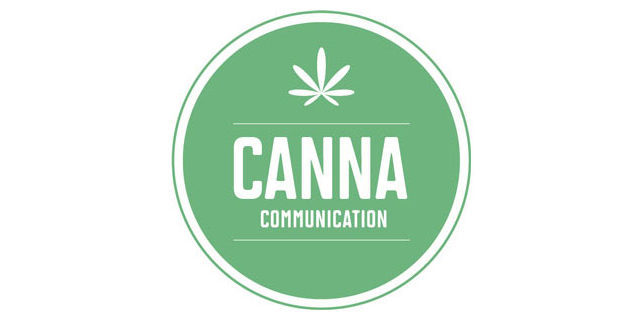
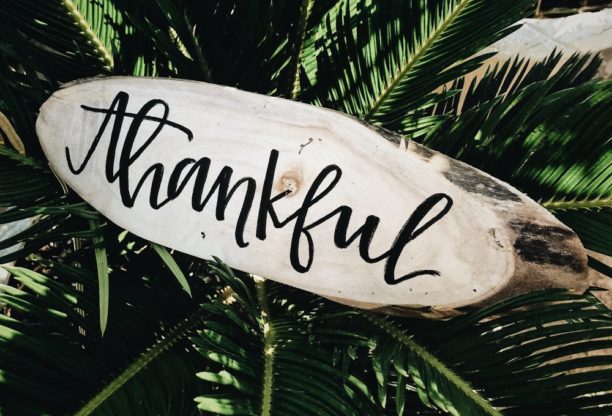
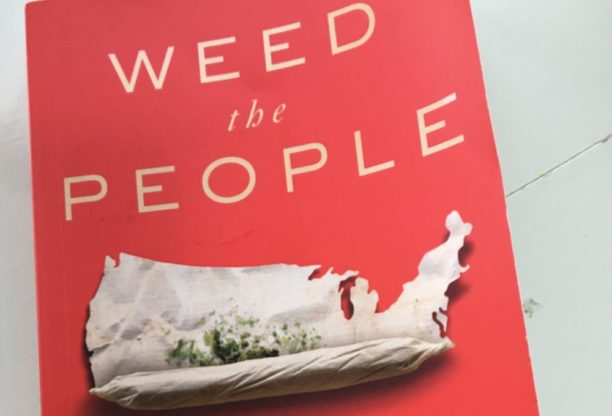
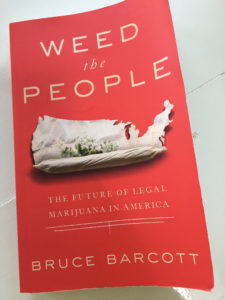 read. Two recently published books, “Weed the People” and “Cannabis Manifesto,” were written by a respected journalist and a noted activist and provide history and cultural context. The books also discuss the social justice issues around the criminalization of cannabis in communities of color. We’ve written our own
read. Two recently published books, “Weed the People” and “Cannabis Manifesto,” were written by a respected journalist and a noted activist and provide history and cultural context. The books also discuss the social justice issues around the criminalization of cannabis in communities of color. We’ve written our own 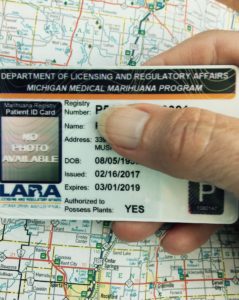 MMJ determinations, this is an important step in cannabis citizenship. Having a card also helps provide the government with a accurate data regarding marijuana use; the more people with cards, the more power we have as a group. While we’re all for puff-puff-pass and trying other people’s personal favorites, you don’t do the business, the culture, or the community any favors by purchasing, re-selling or giving away medicine.
MMJ determinations, this is an important step in cannabis citizenship. Having a card also helps provide the government with a accurate data regarding marijuana use; the more people with cards, the more power we have as a group. While we’re all for puff-puff-pass and trying other people’s personal favorites, you don’t do the business, the culture, or the community any favors by purchasing, re-selling or giving away medicine.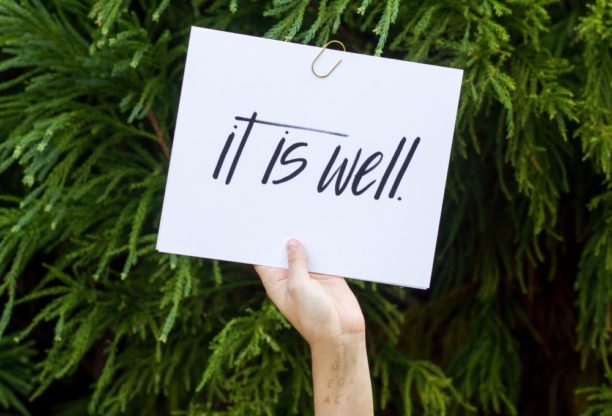
 other drugs.”
other drugs.”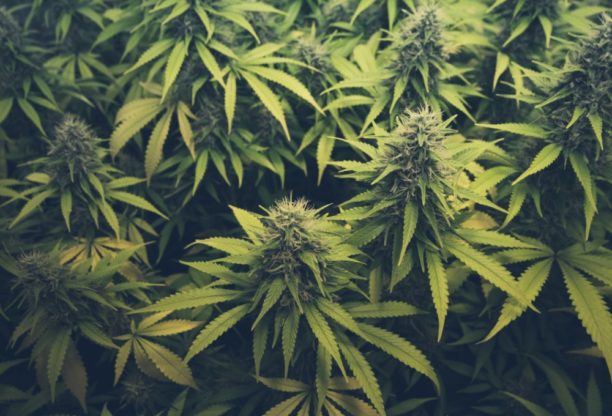
 Throughout history,
Throughout history,  “Taxes are what we pay for a civilized society.”
“Taxes are what we pay for a civilized society.” Frankly, we were delighted to pay it. In fact, we might even say that we felt altruistic seeing that we were supporting cultural facilities and RTD (Denver’s bus and rail service provider), in addition to paying the state and municipality taxes.
Frankly, we were delighted to pay it. In fact, we might even say that we felt altruistic seeing that we were supporting cultural facilities and RTD (Denver’s bus and rail service provider), in addition to paying the state and municipality taxes.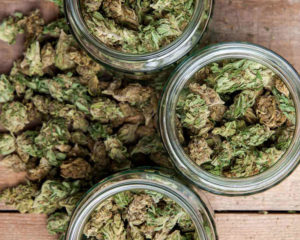 At Canna Communication, we’ve purposefully selected cannabis as our word of choice, for our company and in our communication on social media. While slang is a part of our common language, and we use any or all of the words in conversation or when partaking—for work—we stick to cannabis. We do this to be clear about the business we’re in; we purposefully do this to elevate the plant by its most scientific name. Cannabis is the genus for the flowering plant in the family of Cannabacae, by the way!
At Canna Communication, we’ve purposefully selected cannabis as our word of choice, for our company and in our communication on social media. While slang is a part of our common language, and we use any or all of the words in conversation or when partaking—for work—we stick to cannabis. We do this to be clear about the business we’re in; we purposefully do this to elevate the plant by its most scientific name. Cannabis is the genus for the flowering plant in the family of Cannabacae, by the way!
